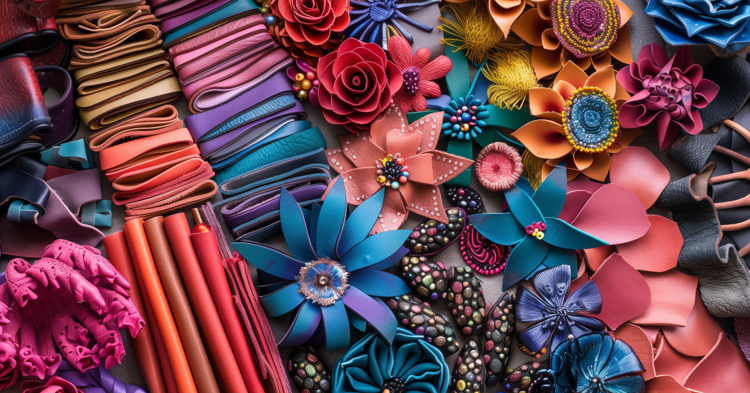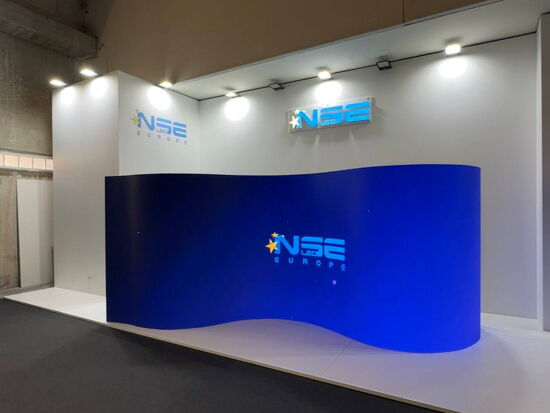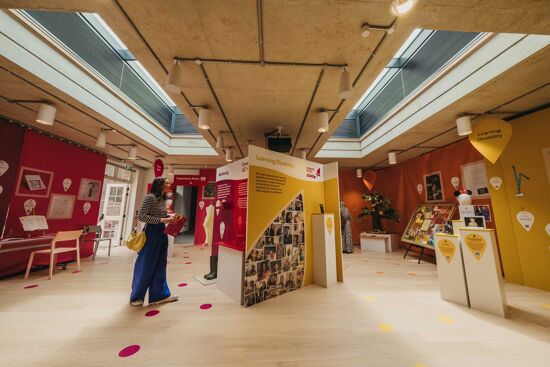Opportunities in the world of custom clothing garment decoration

James Gatica discusses the trends around garment decoration in fashion and the current challenges and opportunities regarding ready-made products including sustainability, customer experience and more.
From digital printing to the creation of unique pieces, technology and creativity have come together to offer unlimited options in the world of fashion.
Custom fashion is thriving, transforming the way consumers interact with their clothing. The ability to design and produce clothing that reflects one’s individuality has captured the imagination of many. This article explores how custom decorations on fashion garments are setting the trend and the challenges and opportunities the transition to ready-made products presents.
The rise of customisation in fashion is a response to the growing demand for exclusivity and sustainability. Consumers want unique pieces that not only stand out for their design, but also for their environmental responsibility. In this context, printing and clothing companies are faced with the challenge of adapting to new technologies and more complex production processes. However, those who manage to overcome these obstacles can access a lucrative market with higher profit margins and increased customer loyalty.
Key Trends in Custom Decorations
Advanced Printing Technology: Digital printing has revolutionised the world of custom fashion. It allows for complex and detailed designs to be created quickly and accurately. Additionally, direct-to-garment (DTG) printing and sublimation are gaining popularity for their ability to produce vibrant, long-lasting colours.

Sustainability
Consumers are becoming more aware of the environmental impact of fashion. Decoration techniques that use eco-friendly inks and sustainable production processes are quickly growing in popularity. Custom fashion offers the opportunity to reduce waste by producing on-demand.
Interactivity and Customer Experience
Brands are implementing technologies such as augmented reality to allow customers to visualise and customise garments before purchasing. This software improves the customer experience as well as reduces returns.
Challenges in Transitioning to Ready-Made Products
Production Complexity
Custom-made products involve a more complex process compared to printing on standard garments. It requires additional skills in sewing and rigorous quality control to ensure each piece meets the desired standards.

Upfront Costs
Investment in specialised machinery and staff training can be costly. Companies should carefully consider these costs before transitioning to ready-made products.
Production Time
Customisation and tailoring can increase the time required to produce each garment. This can be a challenge to meet customer expectations for fast turnaround times.
Opportunities in Customising Ready-Made Garments
Brand Differentiation
Custom ready-made garments allow brands to differentiate themselves in a saturated market. Offering unique, high-quality products can increase customer loyalty and brand value perception.
New Markets
Custom fashion can open new market opportunities. For example, customising corporate uniforms or sports team apparel can be a profitable niche.

Higher Profit Margin
Custom products can often be sold at a premium price. This can improve profit margins and justify the initial investment in equipment and training.
The transition to custom made products in fashion presents both significant challenges and opportunities. Current trends indicate a growing market with a strong demand for exclusivity and sustainability. However, companies must be prepared to meet the challenges associated with the complexity and costs of custom production.

Those who do so successfully will be able to enjoy unique brand differentiation and new market opportunities, thereby maximising their profits. Exploring these trends and adapting to market changes will be crucial for any print and garment company that wants to remain competitive and relevant in the dynamic world of custom fashion.
To discover the latest content that covers a wide range of sectors including garment decoration and printing and personalisation sign up for FESPA’s free monthly newsletter FESPA World available in English, Spanish and German.
Personalisation Experience will return from 6 – 9 May 2025 at Messe Berlin, Germany. Register your interest here to visit Europe's only event focused on personalisation in print to bring mass customisation to your customers.
Topics
Interested in joining our community?
Enquire today about joining your local FESPA Association or FESPA Direct
Recent news
.png?width=550)
Why are FESPA events the ideal place for visionaries to meet? With Harold Klaren from EFKA
We speak to Harold Klaren, International Sales Manager at EFKA about visionaries in print. Harold shares why he believes FESPA events are the ideal place for visionareis to meet.

NSELED to showcase Innovation and transformation at European Sign Expo 2025
NSELED Europe, part of leading LED display technology provider NSE, will welcome visitors to its stand at the European Sign Expo 2025. Ahead of the event, we speak with Daniele Rocca, principal chief executive officer at NSELED Europe, about what to expect from the company as the official ‘Digital Screen Partner’ of the event.

Why the Future of Print Is Personal – and What That Means for Your Business
Minna Philipson, CMO at Gelato shares how the future of print is personal, driven by demands for tailored, localised, and on-demand products. Businesses must adapt, embracing software to streamline operations and building customer-centric brands. Personalisation is key to connection, requiring emotional storytelling and flexible operations to thrive in the evolving market.

The latest sustainable solutions in non-digital signage
While by no means a new concept in the market, sustainability is becoming an increasingly important part of daily life for sign-making businesses. Here, Rob Fletcher shares some of the non-digital materials to help companies become more planet friendly.